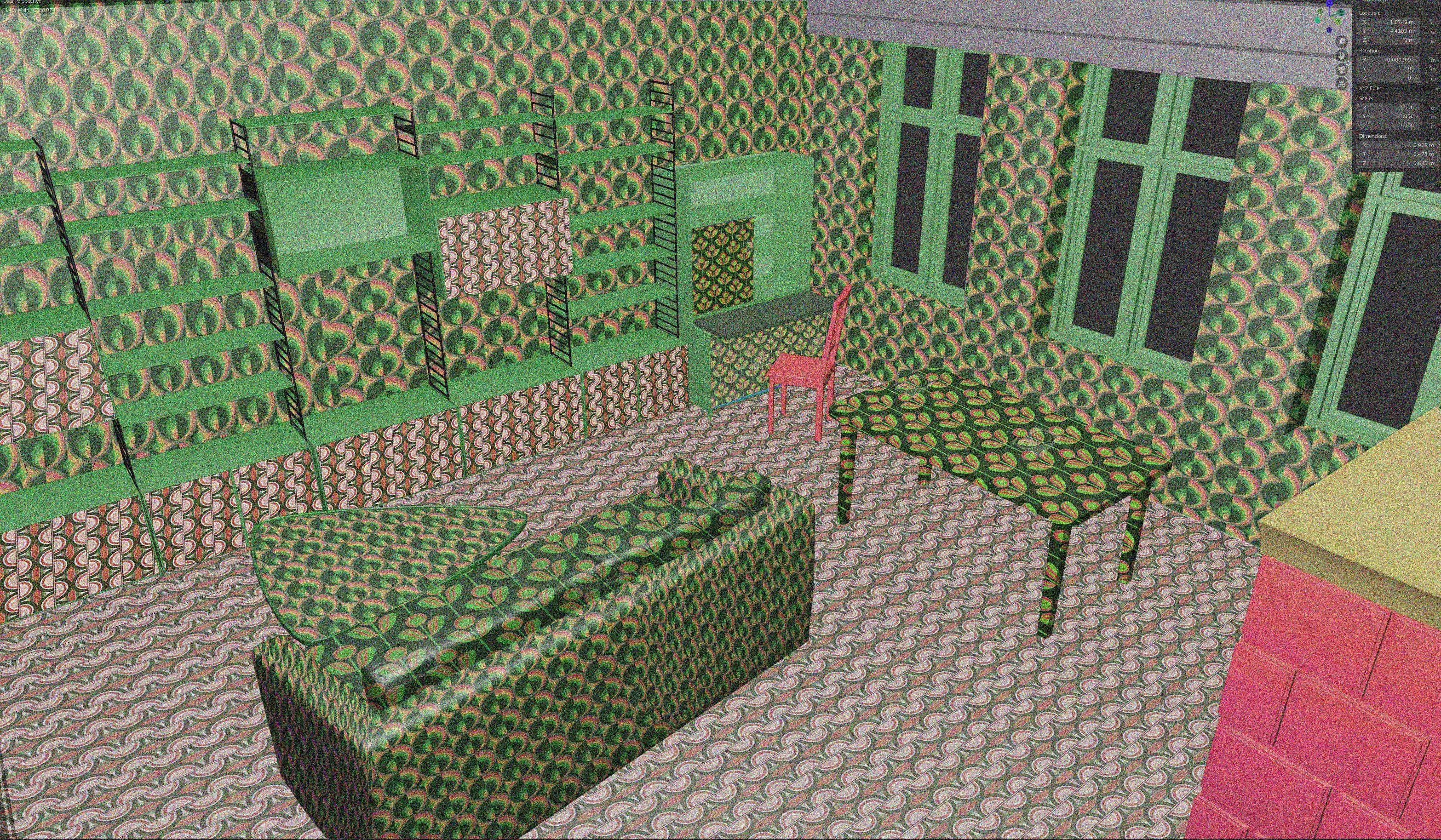1984: Ministry of Love
completedPlayOn!

SummaryBased on George Orwell's dystopic novel, in which the individual is deprived of freedom in every possible way, this performance - dedicated especially to young audiences - is a warning against totalitarian tendencies we may notice in the modern world. Through the use of a special voting application, the audience had the opportunity to influence the course of the events on stage and the fate of individual characters in the performance.
___________________________________________________________
A Teatr Ludowy production as part of the Creative Europe project PlayOn! in collaboration with Kolibri Theatre and the University of York
Introduction
The main question was how to integrate an immersive digital tool into a production. Our focus was to find a strong connection between the technology used in the production and the theme of the performance.
In our performance, we used a special voting application. The audience had the opportunity to influence the course of the events on stage and the fate of individual characters in the performance.
Creative Process
How did the collaborators work together on this project?
At the start, we have created working groups. Since Kolibri Theatre was interested in working with a voting app in their production (Traitor), too, we started to discover the possibilities together with them. Kolibri Theatre had involved Ben Kirman from the University of York as an expert, who had worked before on a similar app (O Bando: Football) that allowed the audience members to vote during the show. At one point in the preparation phase, we decided to use an existing voting app (reaction.link), but Kolibri Theatre continued working with Ben Kirman, who, in the end, created the app for the production from scratch.
In the following months, we worked on the script and the app parallel developing them together.
What forms of trial-and-error occurred?
1. How do we make actually believe they affect the plot and convince them it‘s not fake?
2.We have 340 seats. How do we handle a system this size. How do we handle errors or equal results of voting? We don‘t want people to only be passive observers, we want to drag them into a narrative. How?
3. How do we make the story meaningful?
Did you use existing software and/or applications?
We haven’t used any existing software; it was all developed by Ben Kirman (University of York) and by reaction.link and customized to our needs.
Did any of your questions or goals change?
The awareness that the performance is to be addressed especially to young audiences was with us from the very beginning. It also directly influenced the decision to think of the audience as an active participant, a member of the Ministry of Love community. Their vote cast through the use of the voting application allows the audience to feel their active role and real impact on the shape and development of the story being told, even when in the end, it turns out that in a totalitarian world the choice is a false one, and everyone - the artists, viewers, art, science and technology, become victims of an authoritarian manipulation, while also showing how totalitarian power works.
What were the key milestones in the development of the production?
In our opinion, it is extremely important that the dramatic material we use responds to the current problems of the young viewer.
Before the production process, we organized focus groups of young people, who were our experts in the selection of topics, texts, and artistic media. It was extremely important for them to have a genuine impact on the course of creative processes.





Reflections
The performance, dedicated especially to young audiences, is a warning against the tendencies that we may notice in the modern world.
This applies primarily to social and political tendencies, but also to the use of science, education, new technologies, as well as various manipulation techniques aiming to achieve the goals intended by those in power. In this respect, the performance presents the fears of totalitarian tendencies present in the contemporary world.
In what ways was the production a success?
The critical reception of the production is very positive, and interest for the production is more extensive than what the theatre has expected. But our major success is that the production can provoke our young audiences and lead to fruitful discussions about responsibility, decision-making, dangers of manipulation.
What elements of the final production would you change?
We think the production focuses too much on its content and details. We think the audience should more feel actually make an influence the plot and have really an active role in it shaping and development
What advice would you give to artists taking a similar approach?
Give yourself more time to work on the software and find the right balance and more strong connections between the usage of technology and between the content of the production, the software should be an internal part of the plot‘s development not only a kind of a tool.
Is the coding for this project open source? What language was used, what is the function of this code, and where can we find it?
The coding is not open source; it is entirely reaction.link





